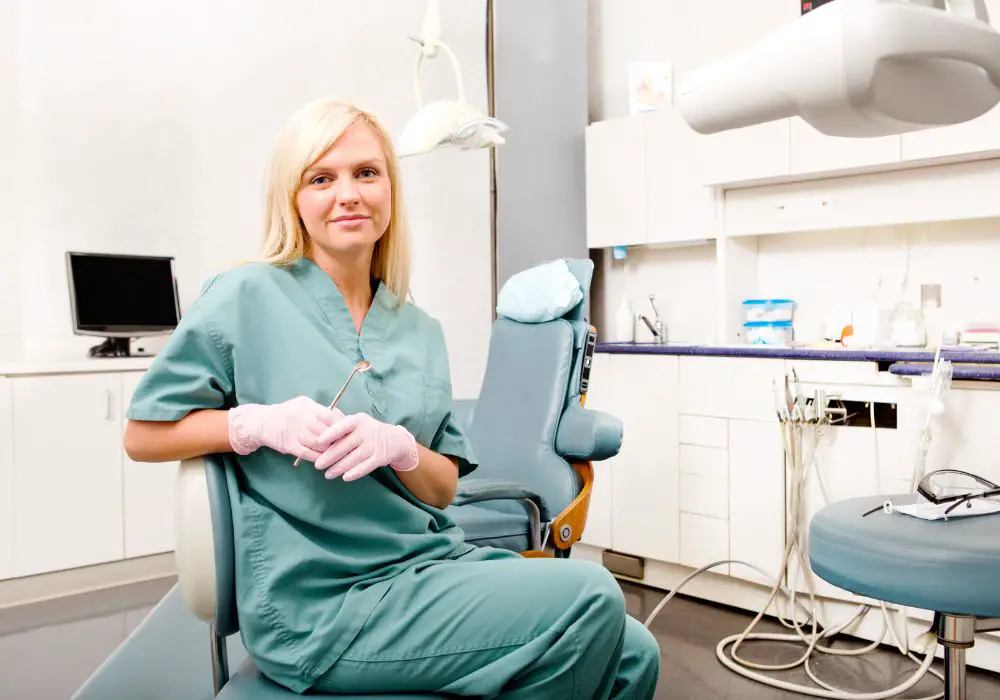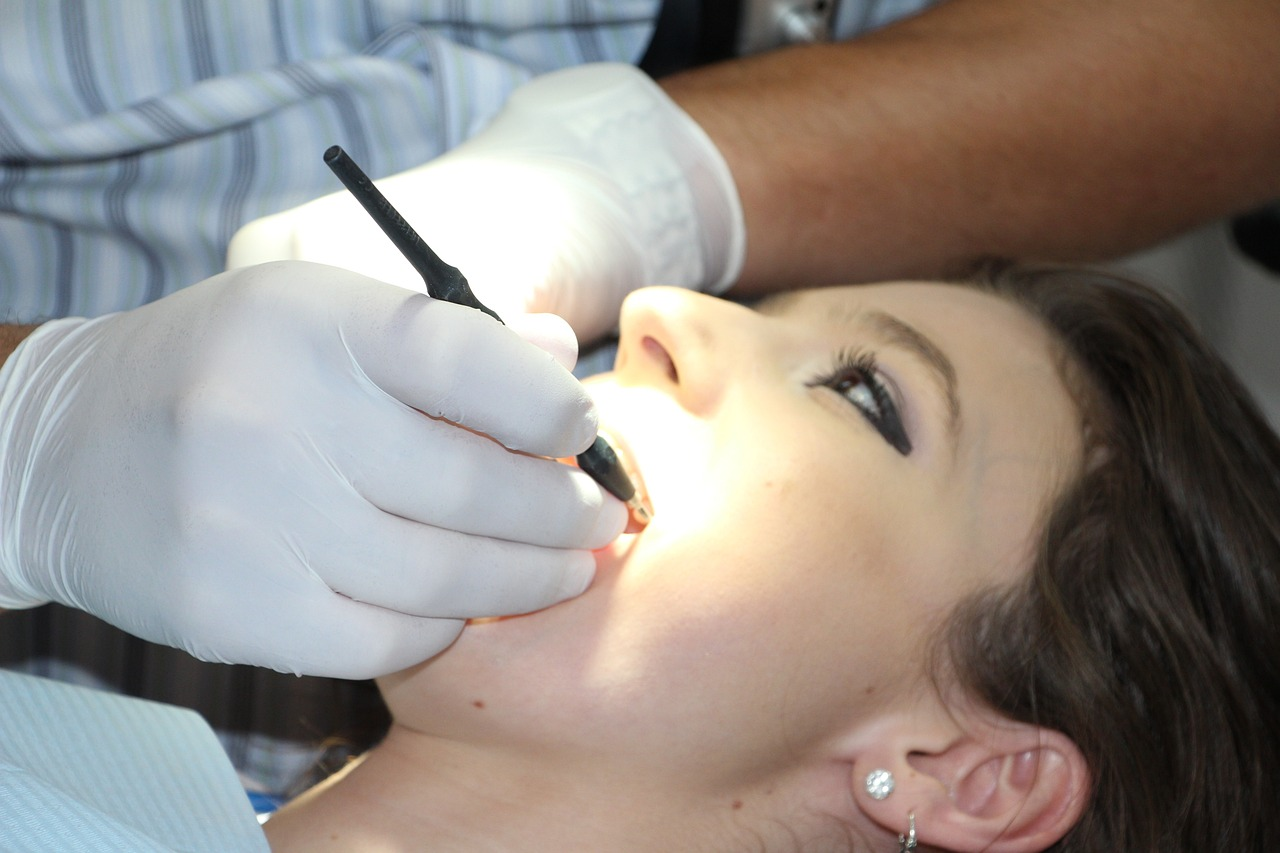When our teeth start to let us down, professional dental care is crucial to restore oral health. And many Americans want to perfect their smiles with cosmetic dentistry.
But procedures such as fillings or crowns and teeth whitening and teeth straightening don’t come cheap. And costs are continuing to rise.
Faced with dental fees of hundreds or thousands of dollars, many individuals need to look for ways to spread the cost.
There are various ways to do this as long as your credit is in good shape. But it’s a different story if you’re one of the 68 million people in the States with bad credit.
You can find out here how to finance your dental work if you have a low credit score. First, you need to know whether you have a low credit rating.
What Is a Low Credit Score?

A credit score is a three-digit number that provides a snapshot of your credit health. A low score means you have bad credit.
Financing businesses consider credit scores when making decisions on loan or credit applications.
Two credit scoring models are widely used in the US: FICO score and VantageScore.
Both scores range from 300 to 850. Neither system actually has a “low score” range. Instead, they call them “poor scores”.
A poor FICO (Fair Isaac Corporation) score is below 580.
A poor VantageScore is below 601.
Credit scores in the “fair” range – FICO below 670 and VantageScore below 661 – are also considered bad credit scores.
Lenders regard low credit scores as subprime. This can make it harder to borrow money, including getting dental finance, and you ‘ll likely pay higher interest rates.
Financing Solutions if You Have a Low Credit Score
Financing dental work when you have a low credit score is possible. But it can be more difficult to meet approval requirements and find a deal with favorable terms.
There are, however, numerous solutions. These include:
- Dental loans.
- Credit cards.
- Dentist in-house finance plans.
- Dental membership programs.
- Buy now, pay later schemes.
Dental Loans
A dental loan is a type of personal, unsecured loan. This means you don’t have to put up collateral.
Interest rates are typically fixed and range from four percent to 36 percent APR (the annual percentage rate charged including interest and lender fees).
The lower interest rates are generally reserved for borrowers with good credit scores.
Secured Loans
A secured loan requires you to use a personal asset as collateral. This means less risk for the lender but more risk for you.
When you have a low credit score, it’s usually easier to get a secured loan for dental work than an unsecured loan. Lenders know they’ll be able to claim your collateral if you default on the loan.
And interest rates for secured loans tend to be lower than those for unsecured loans.
Guarantor Loans
A guarantor loan can also help finance dental work when you have a bad credit score.
You’ll need to find a close friend or a family member to pledge to keep up with repayments if you become unable to do so.
This gives the lender an extra level of security so they may be more likely to let you borrow a larger amount.
Credit Cards
Individuals with a low credit score can still get a credit card, although options may be limited.
If you get a card with an introductory zero APR, you can finance your dental treatment without paying any interest for 12 months or possibly longer.
But carrying a large balance on your card after the interest-free spell can be expensive. Credit card interest rates are higher than those for a personal loan.
CareCredit
People with a credit score rated as “fair” rather than “poor” may be able to get a CareCredit medical credit card.
This will cover preventive, restorative, and cosmetic dental work costing $200 or more at practices in the scheme’s network
CareCredit offers interest-free financing if you pay back the amount within the term, usually up to 24 months.
Extended payment plans of up to 60 months are available for treatments costing $1,000 or more.
In-House Dental Financing

In-house dental financing is particularly popular with individuals who have had to delay getting dental work because of the expense. And it’s generally available to people with bad credit.
These payment plans allow you to spread the cost of treatment to suit your budget., and they open up access to a wider range of more costly procedures.
In-office dental financing also bypasses the need to apply for third-party funding through systems such as CareCredit.
Dental Membership Plans
Some dental offices offer dental membership plans, and credit checks are often less rigorous.
These subscription-based programs are popular with patients with no dental insurance.
In return for an annual fee, you get discounted dental treatments, which makes it easier to pay out-of-pocket.
Buy Now, Pay Later
Buy now, pay later (BNPL) programs are often used by people who have a low credit score.
They allow you to pay for dental work over time after a down payment. There are usually no interest charges and a range of repayment terms, typically over six to 24 months.
Treatments Available with Dental Financing
Financing for people with a low credit score is available for a wide range of dental procedures. These include full-mouth rehabilitation, orthodontics to fix crooked teeth, cosmetic dentistry to restore smiles, and emergency dental treatments.
The most common dental services financed for individuals with bad credit are:
- Dental implants.
- Tooth extractions.
- Fillings, crowns, and other restorative dental work. (Nearly 90 percent of American adults get tooth decay).
- Root canal treatment.
Final Thoughts
According to the CareQuest Institute for Oral Health, more than 68 million people in the US – 23 percent of the population – have no dental insurance. That’s pretty much the same number as those with bad credit.
Others also struggle to afford expensive procedures, especially when urgent treatment is needed.
So Americans increasingly rely on financing to get the dental care they need, without having to wait indefinitely while they save up enough cash to pay out-of-pocket.
And the good news for people with a low credit score is that they can also take advantage of many of the options available to finance dental work.







